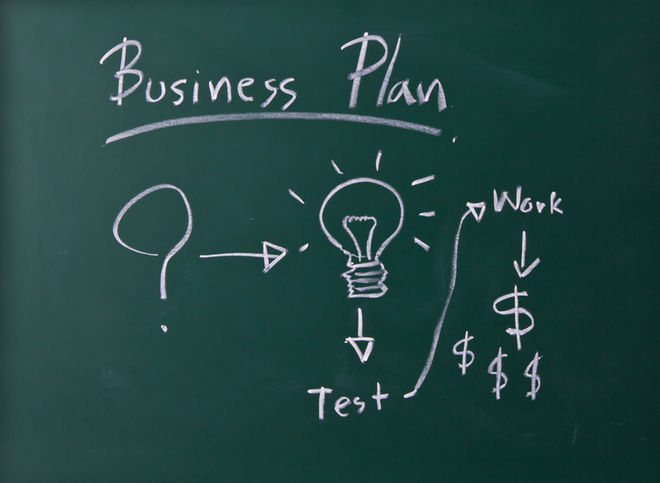Bringing an idea to life isn’t easy. It requires passion, patience, and, most importantly, the ability to execute.
World-changing events and great success stories throughout human history can be traced back to a single idea. But don’t fall into the belief that having a great idea is all you need. If you have a great idea, then you’ve completed the first step of becoming a successful entrepreneur. Now you need to work on turning that idea into a reality and let your business change the world.
The startup culture is full of people who want to and try to but just can’t get their business off the ground. Why is this the case? Much of the reason has to do with the fact that many entrepreneurs don’t know how to take their business from point A to B. Point A is that brilliant idea in the mind of the entrepreneur. B is that subsequent, hoped-for state where the business is secure, established, and making money.
Bringing an idea to life isn’t easy. It requires passion, patience, and, most importantly, the ability to execute.

Here are some steps to help you transform that business idea into reality.
Research The Market :
Your product or service won’t get off the ground if there isn’t a viable market for it. Conducting a full market analysis will help you define your audience and size up your competition. It’s crucial to see how competitors are marketing their offerings, read reviews to gauge how satisfied customers are, and how your product is different (and better) from their offering.
Define your Target Audience:
To build a solid foundation for your business, you must also define your target audience. Once you know and understand your potential customers, you can focus and target your marketing efforts on reaching and attracting them. The critical thing to keep in mind is that “everybody” is not a demographic. You can start broad but become increasingly granular as you progress.
Test Your Idea:
Before you dive headfirst into a new business, take some time and a few extra steps to test your idea. Create a functional prototype that you can present to investors and your target audience. Consider getting their feedback to make sure you’re on the right path with your business. Ask what they think about your products, marketing language, advertisements, offerings, logos, brand voice, and more so you’re gathering opinions on multiple parts of your business before committing to your idea and moving to the next step.
Write a Business Plan:
To start a business, you need a business plan. A business plan typically includes the executive summary, company description, products and services, market analysis, competitive analysis, organization and management description, marketing plan, sales strategy, request for funding, and financial projections. Turning an idea into reality requires hours of research, testing, planning, and strategy, not to mention patience and persistence.
Build a Team:
One of the most important steps in being able to see your business idea to fruition is to build a team that can support your vision. Your team can include a business partner, employees, investors, mentors, or customers who are willing and able to provide unbiased feedback. You need to be with people who are as ambitious as you and who are ready to go that extra mile to get things done.

Take Action:
While many people have great business ideas, a small percentage of those actually follow through on them. Robert Herjavec, star of the show Shark Tank, offers this advice: “You have to have a senseless belief in your idea and yourself—almost to the point of being delusional. Remember that everyone has advice, but no one knows what you have to go through to start, grow and scale a business until they live it. Talk is cheap, but action speaks volumes.”
Conclusion
If you have been struggling to figure out how to move from the ideation stage to the product development stage, you must check out the i2MF program. This program is for aspiring entrepreneurs who have already taken the first step of entrepreneurship – the thinking up of an idea – and are now looking to turn it into a sellable product. It will help you know your target market, target customers, and competitors better, and thus build your business model.




